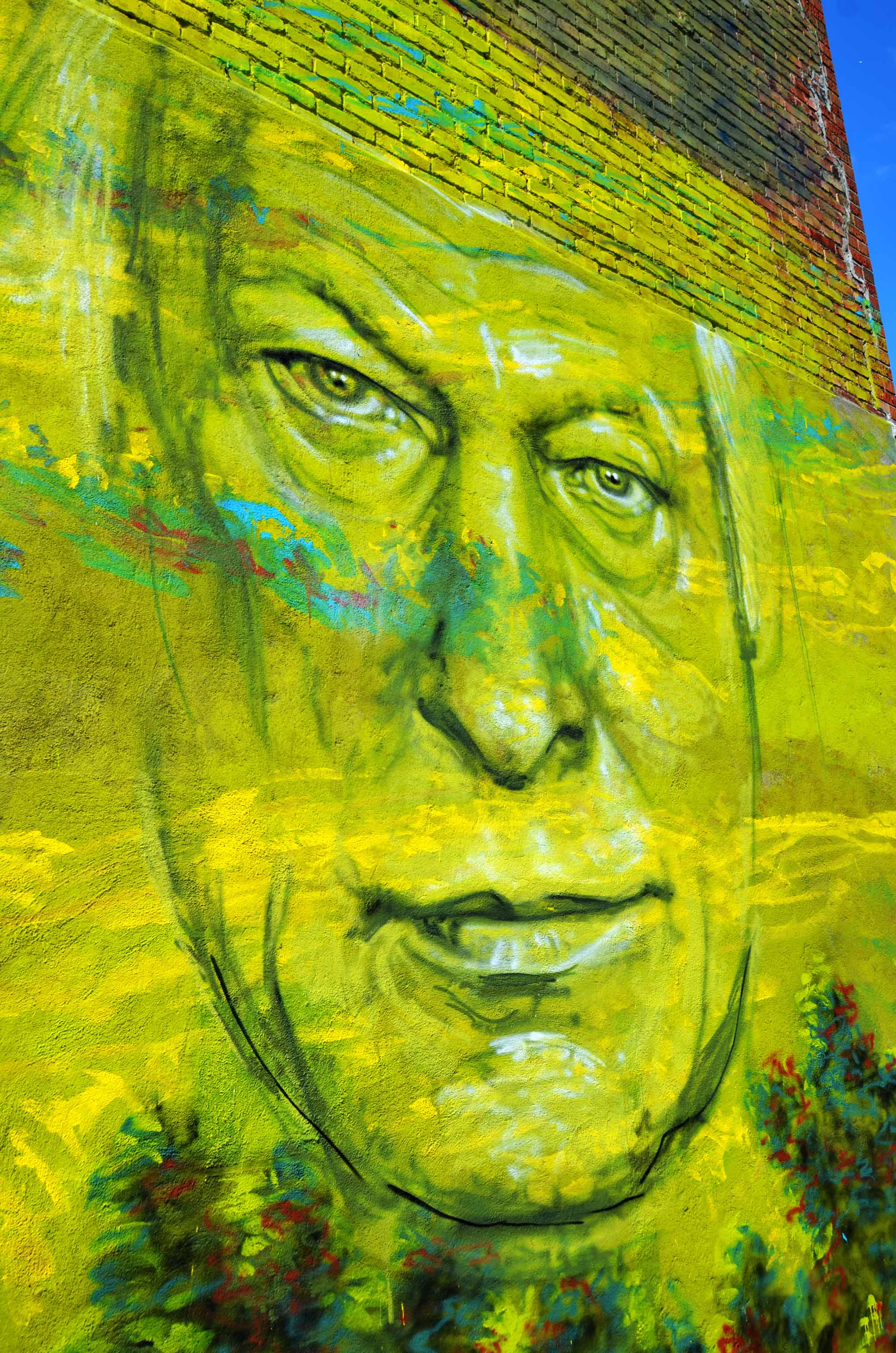Article
Quebec Family Policy
In accordance with the Canadian Constitution, the governance of health and welfare services falls to the provinces. However, to ensure equity between the provinces and standardization of assistance to citizens the federal government has used a co-financing formula since the 1920s.







